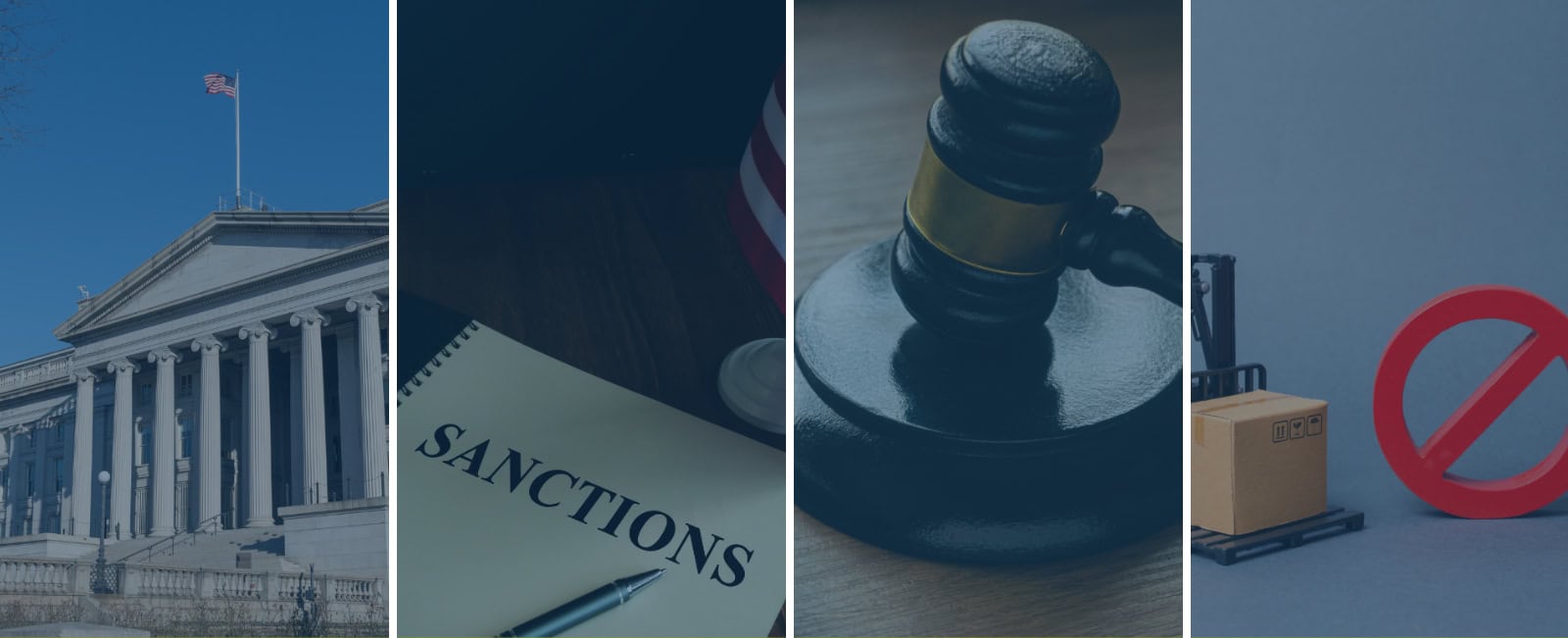This announcement is to reiterate the requirements and the expectations of NMFS and U.S. Customs and Border Protection (CBP) that all filings covered by the regulations must comply with the electronic filing requirements. Filers who do not comply with the requirements of 50 CFR Part 300, Subpart Q will have their filing rejected and will be unable to import, export or re-export their shipment until corrections are complete and the necessary data and documents are submitted with the Entry/Entry Summary or export filings.
All filers must have and utilize an International Fisheries Trade Permit and, at the time of filing the Entry/Entry Summary or export filings to CBP, must electronically transmit the NMFS Partner Government Agency (PGA) specific requirements of a Message Set and, where required, document images for imports and relevant Appendix Q required data for exports and re-exports. Those engaged in the import, export or re-export of covered species must also comply with all other requirements of the TTVP/NOAA 370, HMS ITP, and AMLR trade program.
FDA Announces New Import Trade Auxiliary Communication Sys(ITACS) AcctMgmnt Functionality
FDA is announcing the release of Import Trade Auxiliary Communication System (ITACS) Account Management functionality for use by the import trade community. This is being implemented to improve communication between FDA and the import trade community. The new ITACS Account Management functionality enables the electronic distribution of Notices of FDA Action via email and as downloads from within ITACS. It will also allow account holders to view the details of specific information requests, which are currently delivered via hard copy Notices of FDA Action. Implementation of login accounts will also allow for future enhancements requested by the Import Trade Community which require user verification.
Benefits to the trade include faster receipt of Notices of FDA Action via email or download in ITACS, no need to maintain paper copies of Notices of FDA Action as they will continue to be available in ITACS even after an entry is closed, and faster receipt of requests for specific information by email or ITACS. Note: If a firm chooses to receive their Notices of FDA Action electronically, paper copies will no longer be mailed to that firm.
ITACS Account Management functionality may be used by Filers, Importers of Record and Consignees with an approved ITACS account. Account applicants must have been a party to previous FDA entries for account approval. Please limit ITACS account requests to one individual per firm at the corporate level. That applicant should be a high-ranking individual within the firm because that person will have the responsibility to create and manage ITACS accounts for other users within the same firm, regardless of their location. ITACS accounts can be requested via the FDA Unified Registration and Listing System (FURLS).
Final Rule on Changes to the In-Bond Process Effective Nov 27, 2017
The in-bond process allows imported merchandise to be entered at one U.S. port of entry without appraisement or payment of duties and transported by a bonded carrier to another U.S. port of
entry or other authorized destination provided all statutory and regulatory conditions are met. At the destination port, the merchandise is entered or exported. The changes in this rule, including the automation of the in-bond process, will enhance CBP’s ability to regulate and track in-bond merchandise and ensure that in-bond merchandise is properly entered or exported.
Generalized System of Preferences (GSP) Due to Expire Dec 31, 2017
Barring Congressional action, the Generalized System of Preferences (GSP), special program indicator (SPI) “A,” “A+” and “A*” will expire for goods entered or withdrawn from warehouse after midnight, December 31, 2017.
Special Procedures for GSP-Eligible Goods
- In the event of a lapse and until further notice, importers are strongly encouraged to continue to flag GSP-eligible importations with the SPI “A,” even as they pay normal trade relations (column 1) duty rates on otherwise GSP-eligible importations. Importers may not file SPI “A” without duties.
- CBP is working to have programming in place that, in the event that GSP is renewed with a retroactive refund clause, will allow CBP to automate the duty refund process.
- CBP will continue to allow post-importation GSP claims made via post summary correction (PSC) and protest (19 USC 1514, 19 CFR 174) subsequent to the expiration of GSP, for importations made while GSP was still in effect and not for importations made subsequent to expiration.
- The pending expiration of GSP has no effect on goods entered with African Growth and Opportunity Act (AGOA) preference.
- Since the GSP does not provide an MPF exemption, its expiration has no impact on the collection of the MPF.
- Per 19 CFR 141.68(a)(2) & (3), time of entry can be as early as the time that the entry documents are filed, provided that the merchandise is within the port limits and such has been requested.
- Requests for the suspension of liquidation under 19 CFR 159.12 pending the pending the reinstatement of GSP will be denied
CASE STUDIES
BD White Birch Investment LLC Settlement with OFAC
Facts:
BD White Birch Investment LLC (“White Birch USA”) headquartered in Greenwich, Connecticut appears to have violated § 538.205 and § 538.206 of the 31 C.F.R. part 538 (SSR) when it facilitated the sale and shipment of 543.952 metric tons of Canadian-origin paper from Canada to Sudan with a value of $354,602.26. These export transactions occurred in April and December 2013. Various personnel within White Birch USA and its Canadian subsidiary, White Birch Paper Canada Company NSULC, were actively involved in discussing, arranging, and executing the export transactions to Sudan.
Conclusion:
OFAC determined that White Birch USA did not voluntarily self-disclose the apparent violations to OFAC, and that the apparent violations constitute a non-egregious case.
OFAC announced a $372,465 settlement with White Birch USA, to settle White Birch USA’s potential civil liability for three apparent violations of the Sudanese Sanctions Regulations.
Tariff Classification of Fiber Optic Telecommunications Network Equipment
Facts:
Between on or about April 25, 2010 and on or about June 2, 2012, Blue Sky Blue Sea, Inc., doing business as American Export Lines and International Shipping Company (USA) (collectively referred to as “AEL”) appears to have violated §560.204 of the Iranian Transactions and Sanctions Regulations, 31 C.F.R. Part 560 (“ITSR”) by transshipping used and junked cars and parts from the United States via Iran to Afghanistan on 140 occasions.
Conclusion:
OFAC determined that AEL did not voluntarily self-disclose the apparent violations, and that the apparent violations constitute a non-egregious case. OFAC announced a $518,063 settlement, to settle AEL’s potential civil liability for 140 apparent violations of the ITSR.


